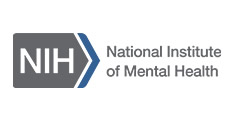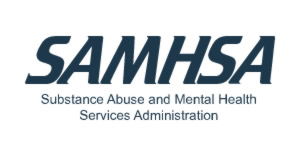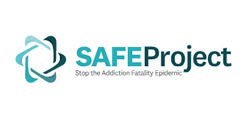How can I tell the difference between "normal" teen misbehaviors and misbehaviors requiring counseling or other special interventions?
Parents know their teens better than anyone and they should always trust their instincts. Contact your teen’s pediatrician to discuss your concerns or schedule a check up to rule out underlying health issues that are causing behavioral changes. Typical teen behavior includes emotional highs and lows, changes to one’s appearance, some withdrawal from family life, a focus on one’s friends, increased arguments, and a desire to be independent. Some abnormal teen behaviors include self-destructive behavior, defiant, blames others, dramatic changes in sleep patterns, excessive worry, lack of interest in hobbies, declining grades, and isolation.
What is the difference between a wilderness program and a boot camp?
Wilderness therapy (also known as outdoor behavioral healthcare) is an adventure-based therapy treatment modality to help adolescents overcome emotional, adjustment, addiction, and psychological problems. Wilderness therapy features interpersonal self-improvement, combining experiential education, individual and group therapy in a wilderness setting.
Teen boot camps are short-term, highly structured military-style rehabilitation programs designed to teach troubled teens to respect authority and to learn to deal with their consequences. Boot camps push teens to their physical extremes.
There are so many different types of treatment programs. How do I narrow my search or select a program?
SavingTeens highly recommends that families contact an Educational Consultant to assist with selecting the type of program. Educational Consultants are well informed about a wide variety of services, programs, after-care supports, and post-treatment placements, and many have the ability to track a client and family through various levels of care. Their job is to help families investigate, evaluate, and engage with the best wrap-around services, in home placement options, day treatment options, or residential treatment options that are available. This is accomplished through interviews, assessment and investigation of the family dynamics and the programs’, corroborating research, number of clients per year (their professional experience), and then based on their findings, they help families narrow down and understand the bank of options which exist.
How much money does a program cost?
The cost of treatment varies by the type of program, location, and amenities. The spectrum of cost for residential treatment centers may range anywhere from free (this is very uncommon) to tens of thousands of dollars per month. Wilderness programs typically cost parents $500 to $600+ per day plus equipment fees. The cost of long-term therapeutic schooling (typically after wilderness) can range from $6,000 to $12,000 per month.
Do programs offer financial aid or scholarships?
Many programs offer financial aid, scholarships, financing, and accept insurance. However, assistance is limited and often unavailable.
How do I get my teen to a program?
Your educational consultant and/or program staff will guide you in making this decision. Often times, a professional transportation company is needed to pick up your teen and bring them to the program. These services cost approximately $5,000.
Will my insurance provider cover the cost of a program?
Health insurance coverage varies by carrier and by the policy. Call your specific insurance plan’s provider and request information regarding mental health and/or addiction treatment options. Or, if you are already in contact with a treatment program, ask their admissions representative to check and verify your coverage.
Will my teen come home after completing a program or will my teen need aftercare?
Prior to completing the program, your teen’s therapist will make recommendations for continued care and discuss transition options. Aftercare or step-down programs are highly recommended to help a teenager ease back into their home environment in such a way that the transition from the structure of treatment to “the real world” is not so abrupt.
I've read or heard horror stories about treatment programs. Are these stories true?
There are many allegations on the internet regarding the abuse and death of teens enrolled in residential treatment programs. Likewise, you will find many success stories and positive experiences. Here are some questions to ask representatives of any program you may be considering. Are you licensed by the state? What aspects of the program the license covers: educational, mental/behavioral health, and/or residential? What components of your program are accredited? Do you have a clinical director? What are his/her credentials? What are the credentials of the staff, especially the counselors and therapists, who will be working with my child? How experienced is your staff? Have they worked at other residential treatment programs? If yes, where and for how long? Do you conduct background checks on your employees? How do you handle medical issues like illness or injury? How do you discipline program participants?









